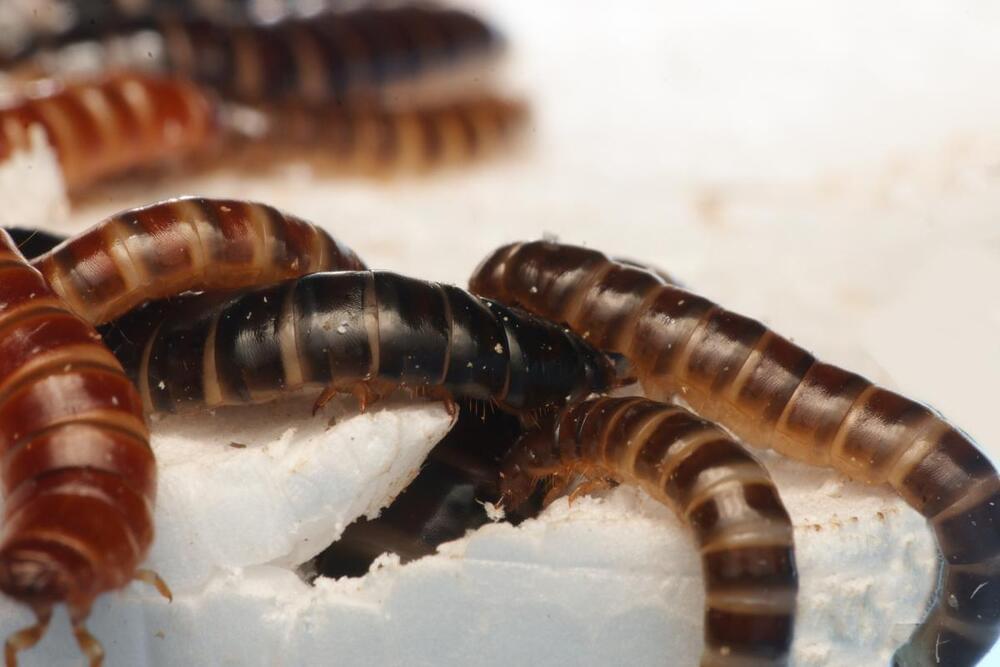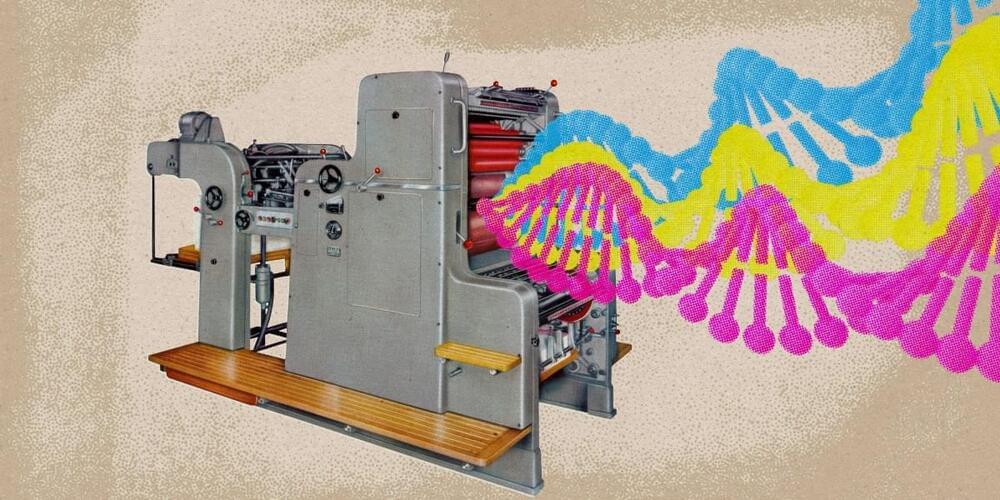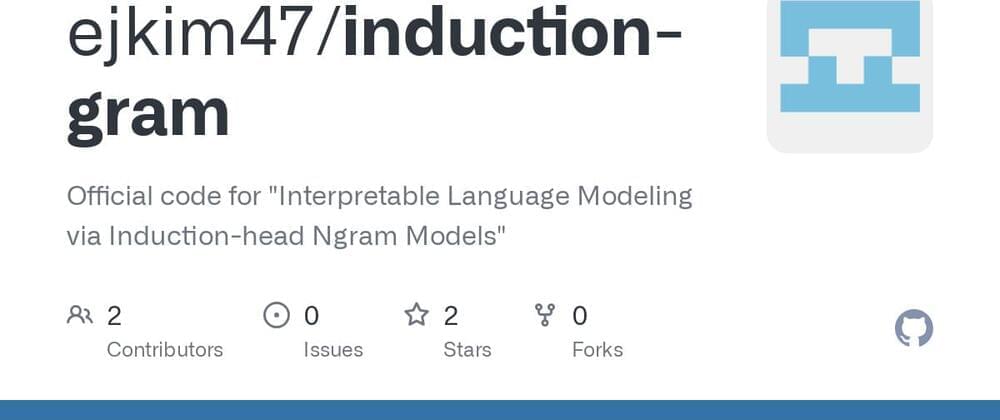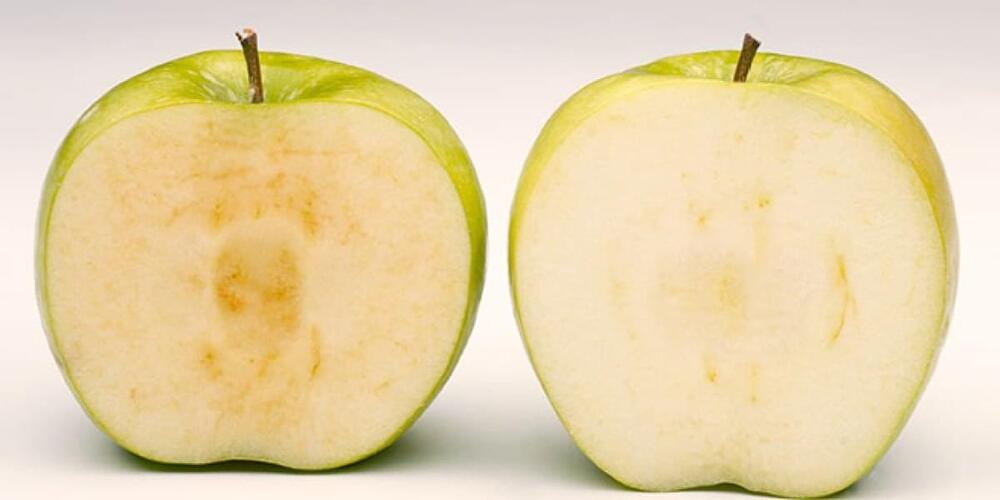Get the latest international news and world events from around the world.
Can Lymphocytes And RDW Be Optimized Towards Youth? (51-Test Analysis)
Join us on Patreon! https://www.patreon.com/MichaelLustgartenPhDDiscount Links/Affiliates: Blood testing (where I get my labs): https://www.ultalabtests.com/…

SpaceX Dragon Rockets ISS to New Heights With Historic Reboost
SpaceX and NASA have successfully tested the Dragon spacecraft’s reboost capabilities, enhancing the International Space Stations altitude.
This test adds to existing capabilities provided by Roscosmoss Progress and Northrop Grumman’s Cygnus spacecrafts. Alongside its reboost demonstration, the Dragon spacecraft also completed a substantial resupply mission, carrying over 6,000 pounds of supplies.
SpaceX’s Reboost Demonstration

Can the mealworm be the answer to Africa’s plastic waste problem?
In a paper published in Scientific Reports journal, the researchers report the potential of the lesser mealworm (the larvae of a darkling beetle species, known scientifically as Alphitobius), to consume plastic.
The icipe researchers tested the ability of the lesser mealworm to consume polystyrene, one of the major microplastics that is fast accumulating both in land and water bodies. Polystyrene waste comes from the commercial application of its most common form, styrofoam. This material is used in food storage containers, packaging of equipment, disposable plates and cups, and insulation in construction. Various methods, including chemical, thermal and mechanical, are used to recycle polystyrene. However, these approaches are expensive and they also produce toxic compounds that are harmful to human, environment and biodiversity.
“Our study showed that the mealworms can ingest close to 50% of the styrofoam. We aim to conduct further studies to understand the process through which mealworms consume polystyrene, and whether they gain any nutritional benefits from the material,” says Evalyne Ndotono, an icipe PhD scholar.
“We will also explore the mechanisms of the bacteria in the lesser mealworm in the degradation of plastic. We want to understand if the bacteria are inherent in the mealworms, or if they are a defence strategy acquired after feeding on plastic.”
Additionally, the scientists will research the ability of the lesser mealworm to degrade diverse types of plastics and to convert it into useful, safe products.
This robot mimics humans, cleans washbasins, completes multiple tasks
By using sensor-embedded sponges and data, Vienna researchers quickly trained robots to clean washbasins.
Thanks to researchers at TU Wein in Vienna, the promise of housecleaning robots is one step closer. The team has developed a self-learning robot to mimic humans to complete simple tasks like cleaning washbasins.
While this might sound mundane, the development is very significant as hard coding a robot to move a sponge over the complex curved edges of a washbasin would be a monumental task. To this end, the research team found a hack by blending observation with tactile data from human teachers to train robots to copy the same task.
EvoBOT completes first tests at Munich Airport
With its unique design consisting of two wheels and gripper arms, evoBOT keeps itself balanced while performing a range of tasks.
EvoBOT, a uniquely shaped autonomous mobile robot, recently completed its first test runs at the Munich Airport.

An easier-to-use technique for storing data in DNA is inspired by our cells
The new method, published in Nature last week, is more efficient, storing 350 bits at a time by encoding strands in parallel. Rather than hand-threading each DNA strand, the team assembles strands from pre-built DNA bricks about 20 nucleotides long, encoding information by altering some and not others along the way. Peking University’s Long Qian and team got the idea for such templates from the way cells share the same basic set of genes but behave differently in response to chemical changes in DNA strands. “Every cell in our bodies has the same genome sequence, but genetic programming comes from modifications to DNA. If life can do this, we can do this,” she says.
Qian and her colleagues encoded data through methylation, a chemical reaction that switches genes on and off by attaching a methyl compound—a small methane-related molecule. Once the bricks are locked into their assigned spots on the strand, researchers select which bricks to methylate, with the presence or absence of the modification standing in for binary values of 0 or 1. The information can then be deciphered using nanopore sequencers to detect whether a brick has been methylated. In theory, the new method is simple enough to be carried out without detailed knowledge of how to manipulate DNA.
The storage capacity of each DNA strand caps off at roughly 70 bits. For larger files, researchers splintered data into multiple strands identified by unique barcodes encoded in the bricks. The strands were then read simultaneously and sequenced according to their barcodes. With this technique, researchers encoded the image of a tiger rubbing from the Han dynasty, troubleshooting the encoding process until the image came back with no errors. The same process worked for more complex images, like a photorealistic print of a panda.

Ejkim47/induction-gram: Official code for “Interpretable Language Modeling via Induction-head Ngram Models”
Interpretable language modeling via induction-head ngram models.
Eunji Kim, Sriya Mantena, Weiwei Yang, Chandan Singh, Sungroh Yoon, Jianfeng Gao Microsoft Research 2024 https://arxiv.org/abs/2411.
Large language models (LLMs) have made impressive…
Official code for ‘Interpretable Language Modeling via Induction-head Ngram Models’ — ejkim47/induction-gram.


What exactly happens when the nucleus of an atom splits in two? Science just found out
Nuclear fission has powered our world and medical advancements for decades, yet some of its secrets have remained elusive.
One of the biggest puzzles? What exactly happens when an atom’s nucleus splits apart at its “neck rupture” point.
Aurel Bulgac, a physics professor at the University of Washington, has been delving into this very question. He and his team set out to simulate the intricate particle dance during this critical moment of fission.